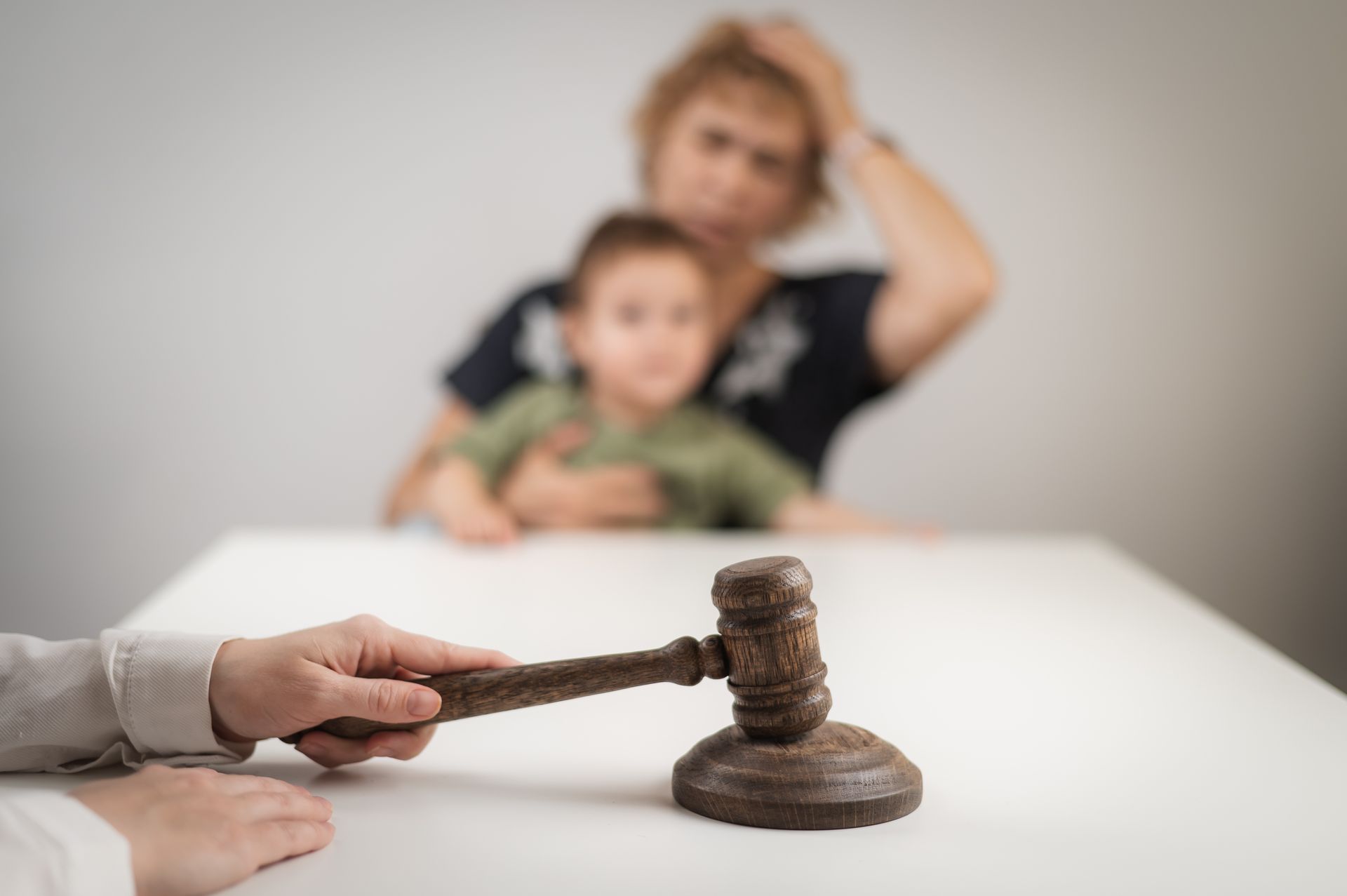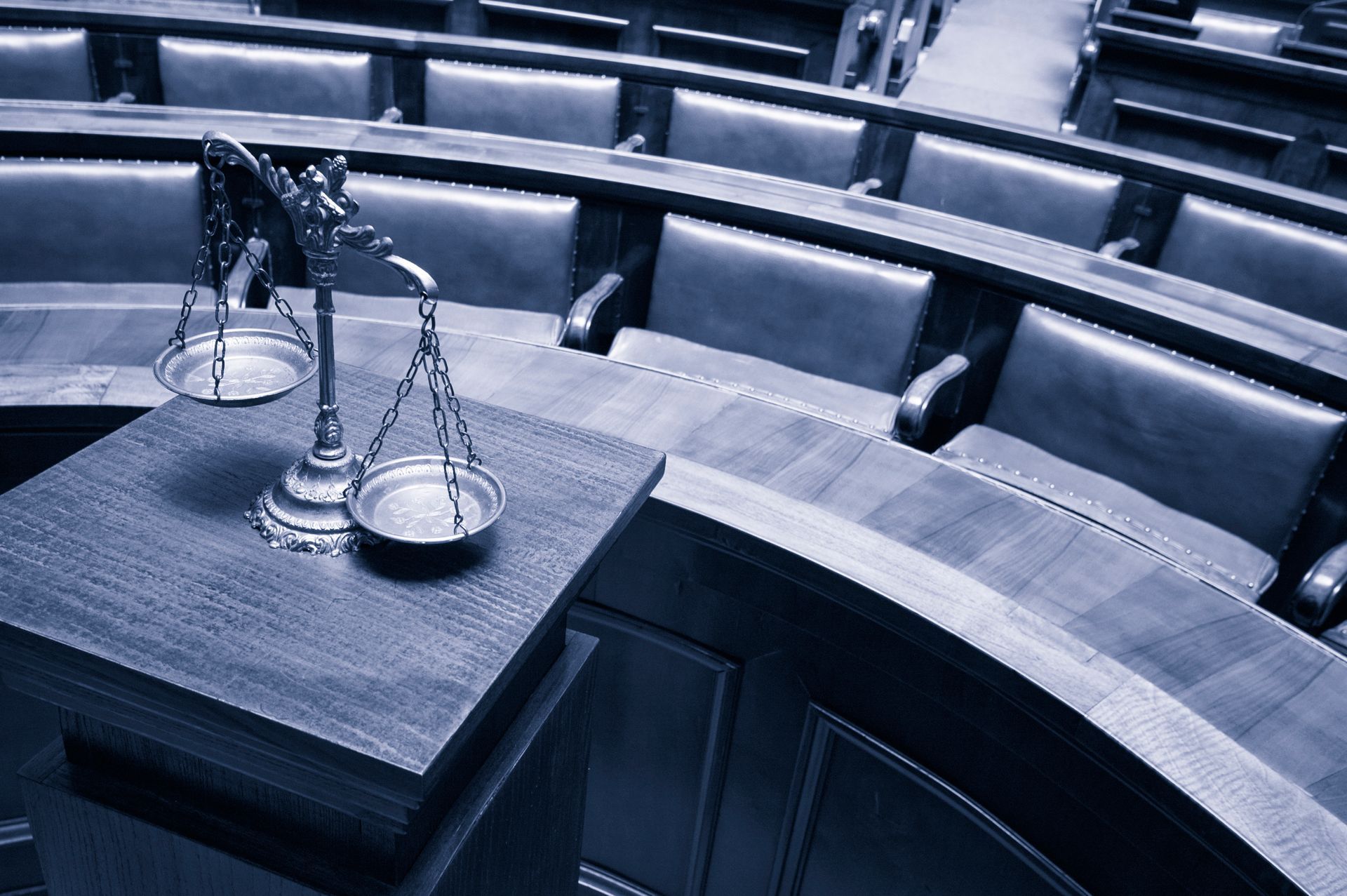Parties Not Entitled to Continuance of Matter of Right After Response to DVRO Petition Filed, First District Holds
In a recent case, N.M. v. W.K. (Mar. 19, 2024, A168081), the California First District Court of Appeal tackled an important issue regarding domestic violence restraining orders (DVROs) and continuances.
The case revolved around a wife seeking protection for herself and her daughter from her husband, alleging a series of disturbing incidents dating back to 2020. These included allegations of physical abuse, such as being knocked unconscious, and attempts to forcefully enter her home. The court initially issued a temporary restraining order in February 2023.
As the case progressed to a hearing on March 15, the wife requested a continuance to seek legal counsel, which the trial court granted despite objections from the husband's attorney. The hearing was rescheduled to April 4, during which the husband responded to the DVRO request, denying the allegations.
At the April 4 hearing, the husband's attorney requested another continuance to introduce additional evidence and witnesses. However, the trial court denied this request, emphasizing that the wife's testimony and evidence, including text messages, were sufficient to support the DVRO.
The husband appealed, arguing that he was entitled to a continuance under Family Code sections 243 and 245(a). However, the court of appeal rejected his arguments. It clarified that since the husband had already responded to the petition before requesting a continuance, he was not automatically entitled to one under section 245(a). Additionally, the court found that the husband had received proper notice of the hearing, dispelling any claim under section 243.
The court further addressed section 245(b), which allows for discretionary continuances upon a showing of good cause. It concluded that the trial court's denial of the continuance did not deny the husband a fair hearing, especially considering his previous assertion of readiness to proceed.
This case underscores the court's careful consideration of the statutory framework surrounding DVRO hearings and continuances, ultimately prioritizing the protection of victims in domestic violence cases.

Minor’s Counsel Attorney in Los Angeles, California: Protecting Your Child’s Best Interests in Court










